PROJECT DETAILS
| Project Submission No. | S00069 |
|---|---|
| Project Title | 30 MW Tri Viet 1 Solar Project |
| Project Owner(s) (as per PSF & LOA) | Tri Viet Tay Ninh Joint Stock Company |
| Submission Date | 2021-12-29 |
| Global Stakeholder Consultation Period |
2022-01-11 to 2022-01-25 |
| Sector | 1.Energy industries (renewable-/non-renewable sources) |
| Project Type | Solar Power |
| GCC/CDM Methodology & Version | ACM0002 Grid-connected electricity generation from renewable sources, Version 20.0 |
| Forecasted GHG Emission Reduction (tCO2e/Year) |
|
| Forecasted E+ Label | Yes |
| Forecasted S+ Label | Yes |
| Forecasted SDG+ Goals |
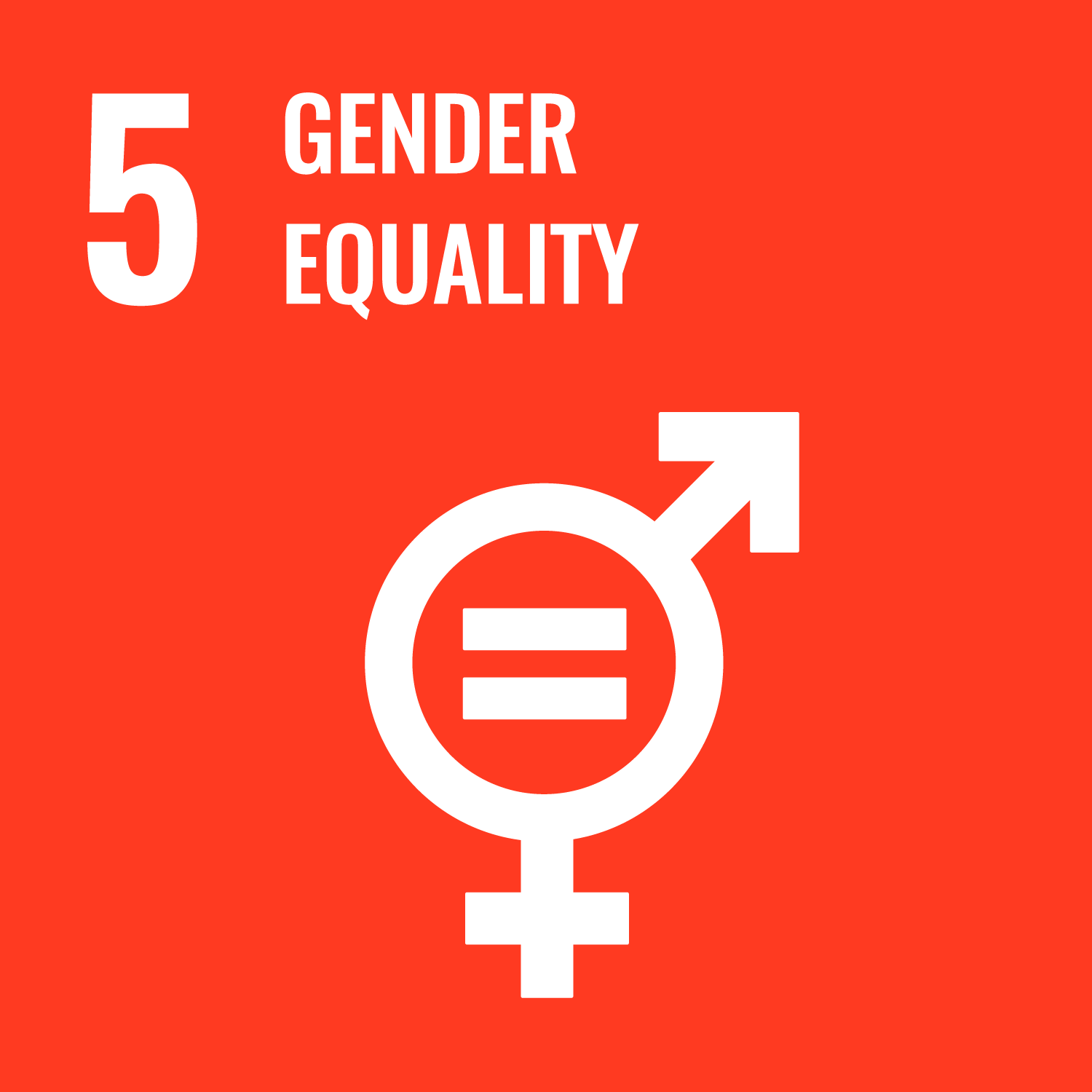
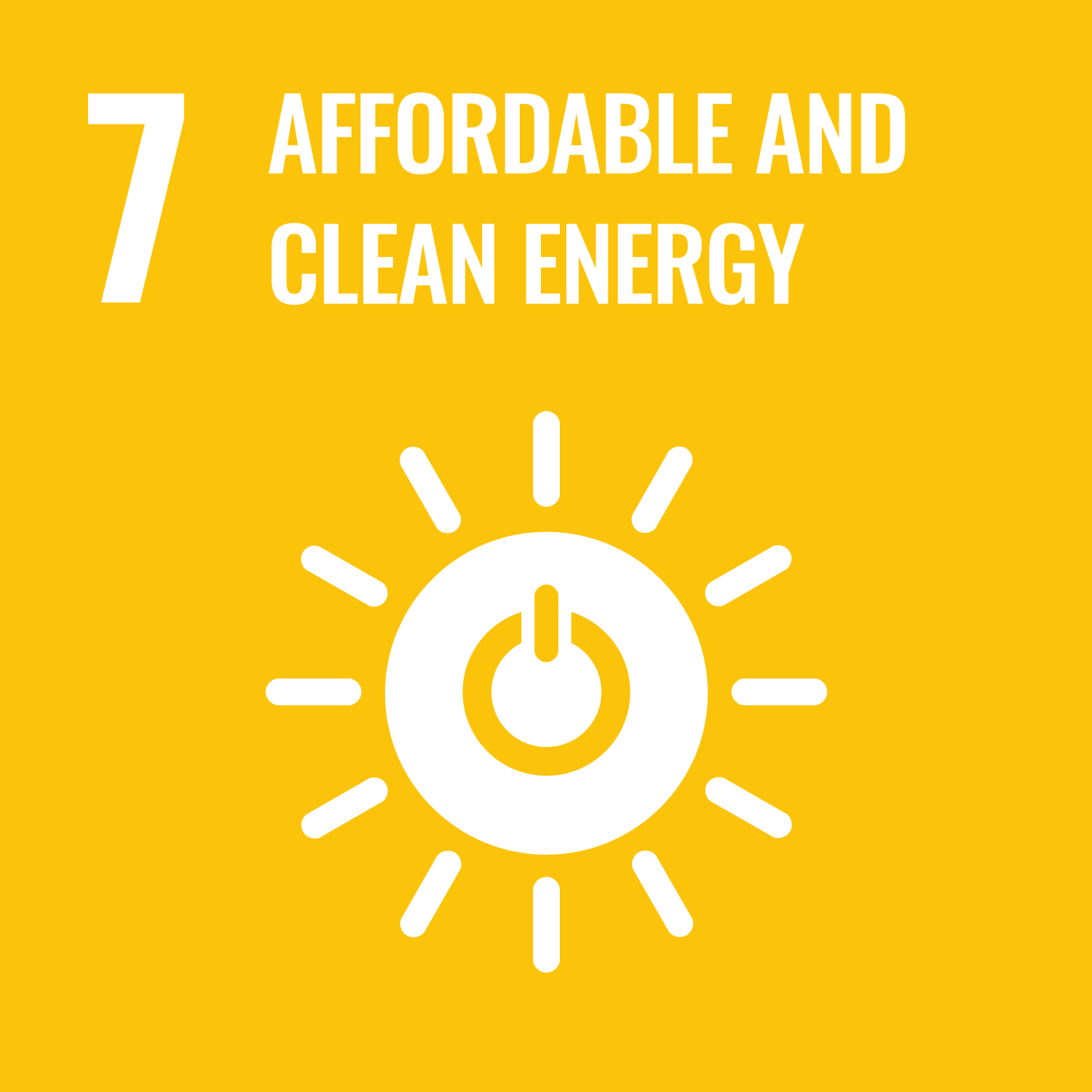
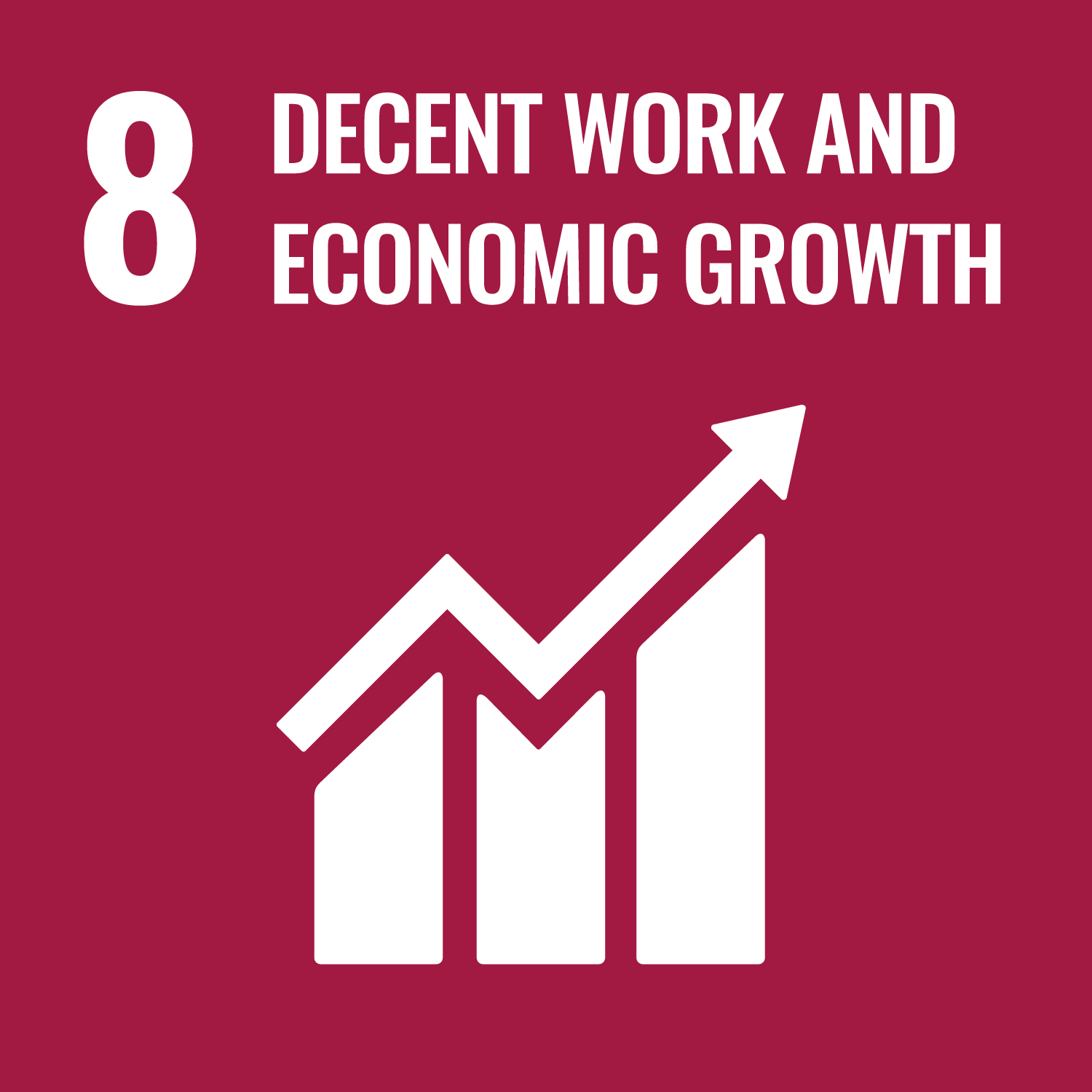
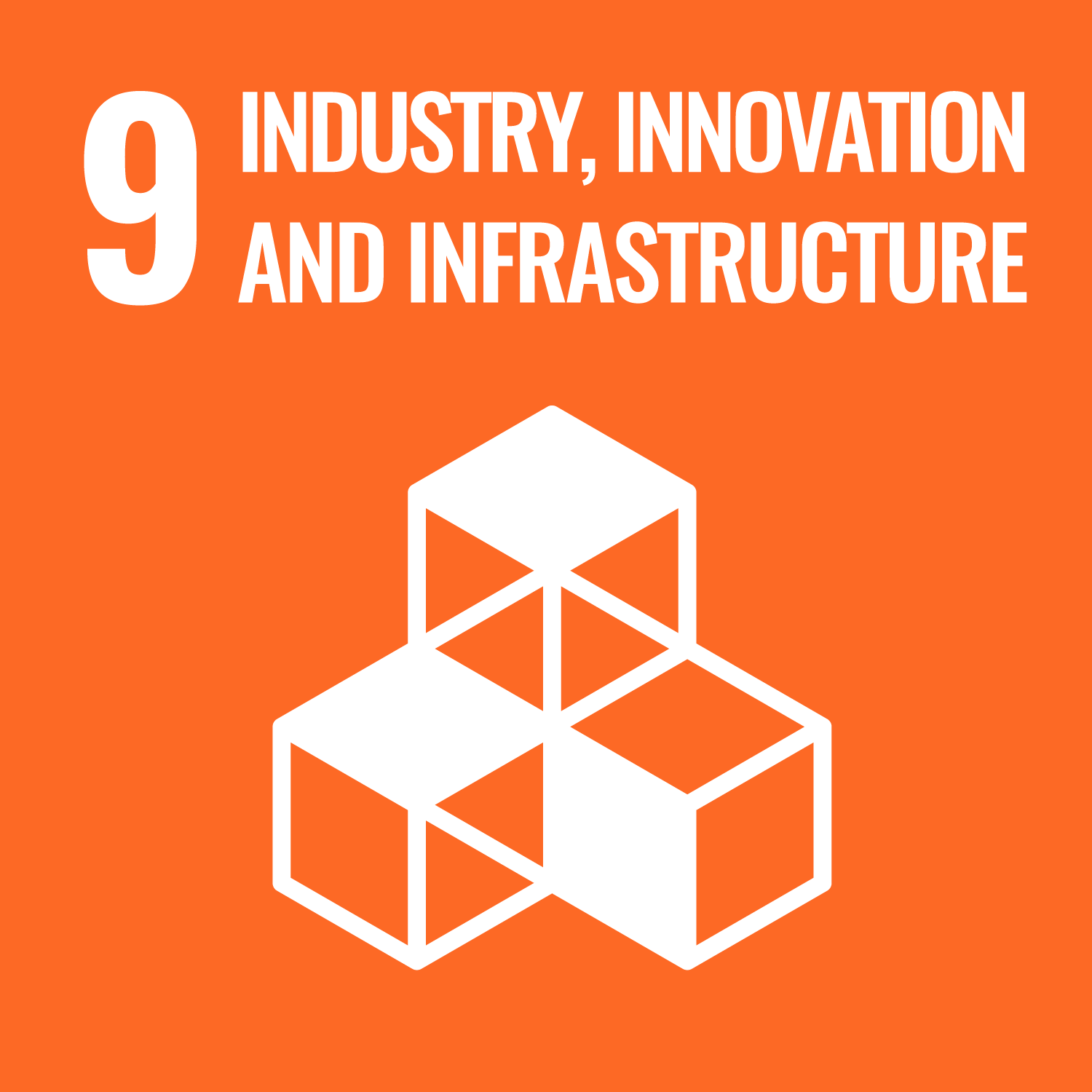
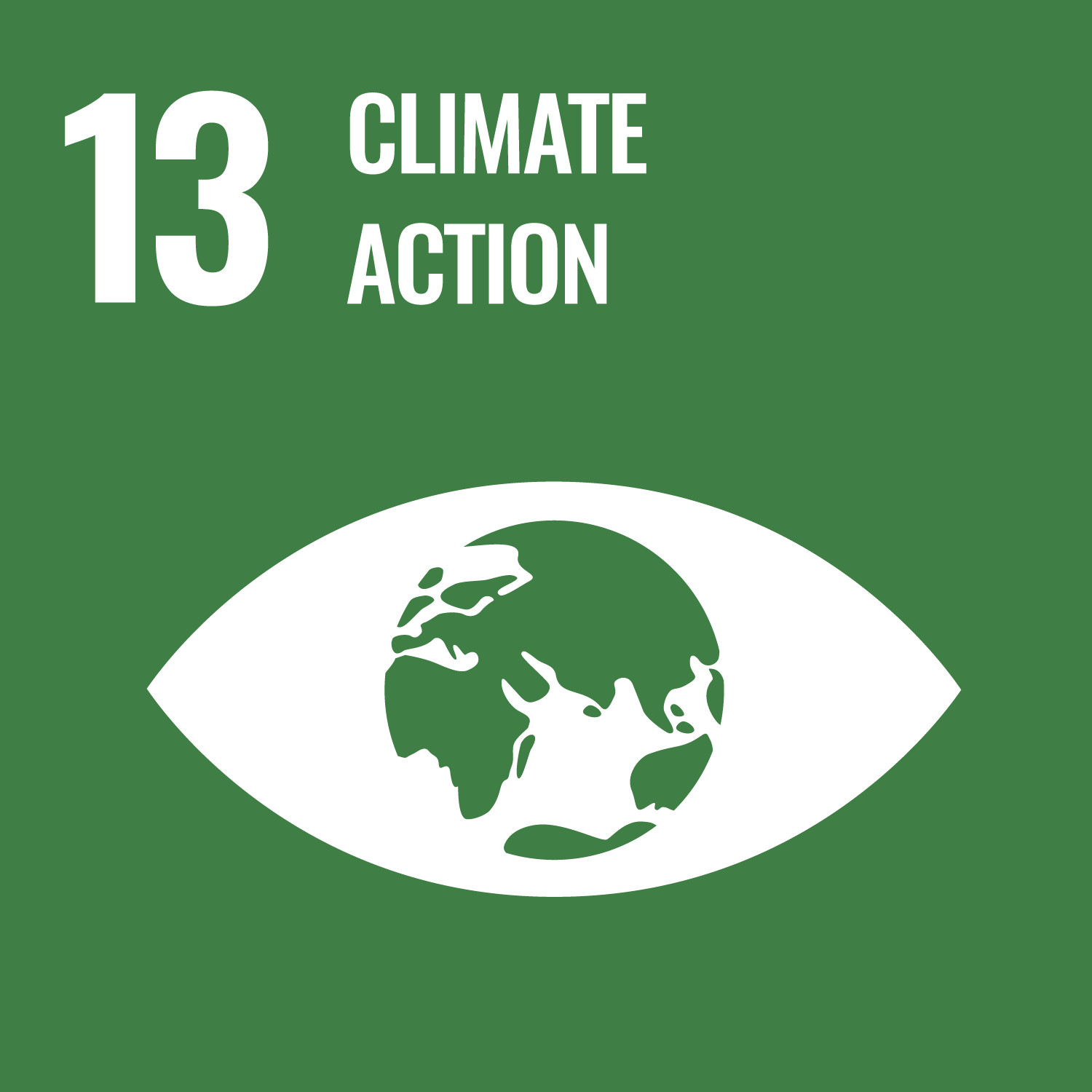
|
| Forecasted SDG+ Label | Platinum |
| Forecasted Market Eligibility | C+ - Pilot Phase |
| Country |
Viet Nam
|
|---|---|
|
Focal Point of Project Owners
|
Kosher Climate India Private Limited |
| Email of Contact Person of FP (Primary) | narendra@kosherclimate.com |
| Email of Contact Person of FP (Secondary) | kittiphat.cha@gunkul.com |
| Name of Authorized External Representative Organization | Kosher Climate India Private Limited |
| Name of Focal Point of External Representative | Vamsi Krishna M |
| Email-id of External representative | vamsi@kosherclimate.com |
| Documents for Global Stakeholder Consultation | Project Submision
Calculation Sheet Other Documents |
| Project Brief | The proposed project activity involves installation of 30 MW solar power project in the Tan Chau District, Tay Ninh Province in Vietnam. The project is commissioned, operational and the total project capacity has been connected to the national Grid of Vietnam through transmission lines. Generated power from the project is being supplied to the Provincial Vietnam Electricity Corporation (EVN). Project owners have signed a long-term power purchase agreement with the EVN to supply the generated power at the contracted price. Proposed project activity is promoted by a subsidiary of Gunkul Engineering Public Company Limited. The electricity generated from this project will replace anthropogenic emissions of greenhouse gases (GHG’s) by displacing equivalant amount of electricity from the generation mix of power plants connected to the national grid, which is mainly dominated by thermal/fossil fuel-based power plants. |
|---|